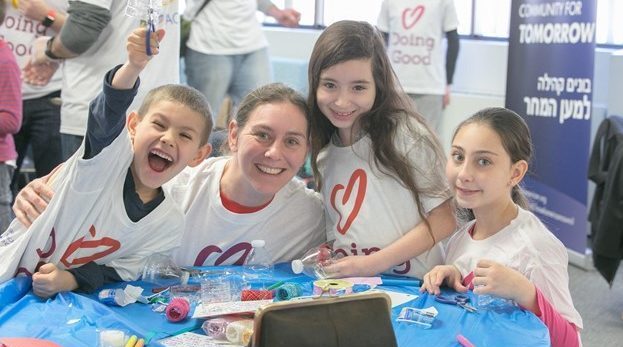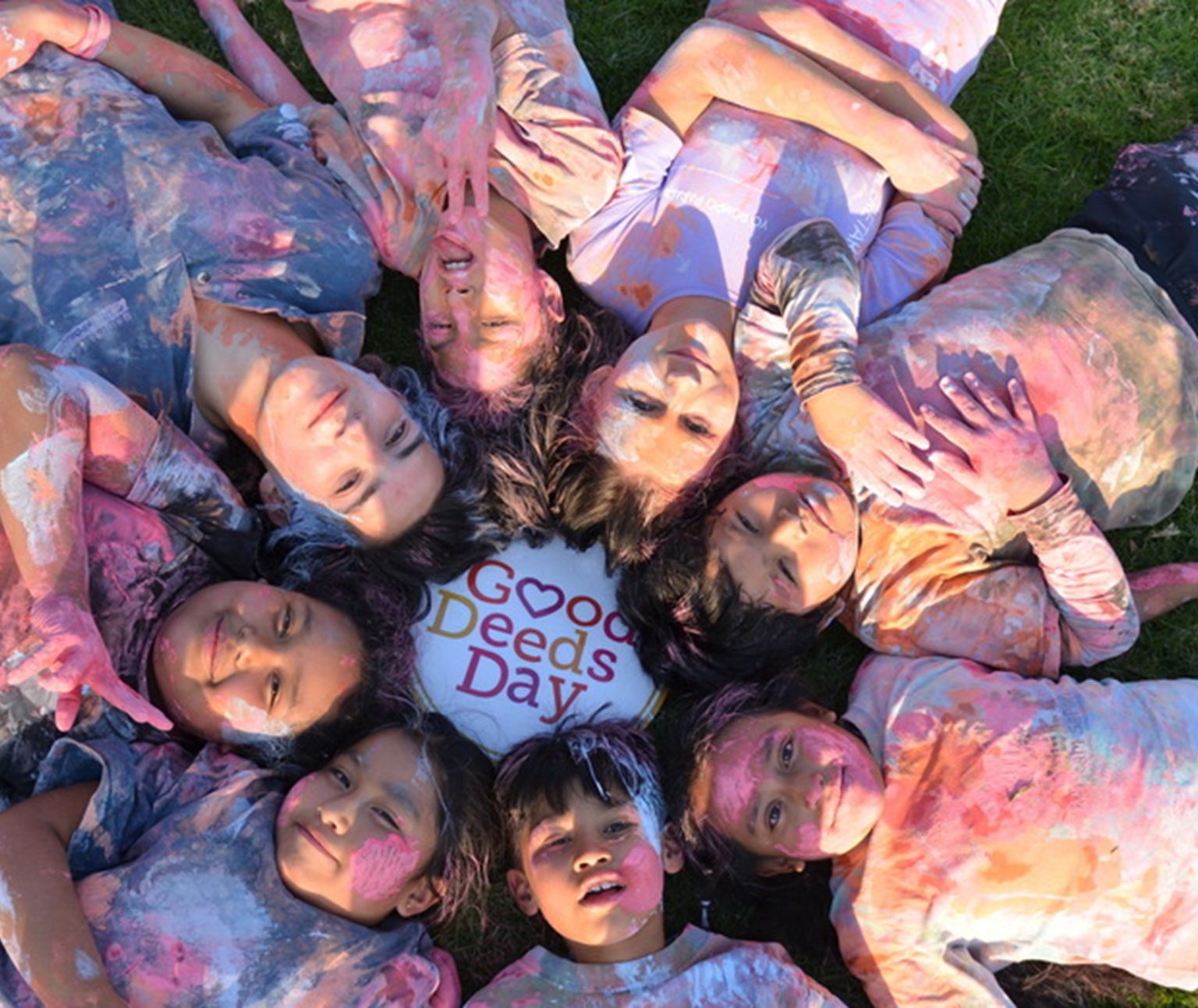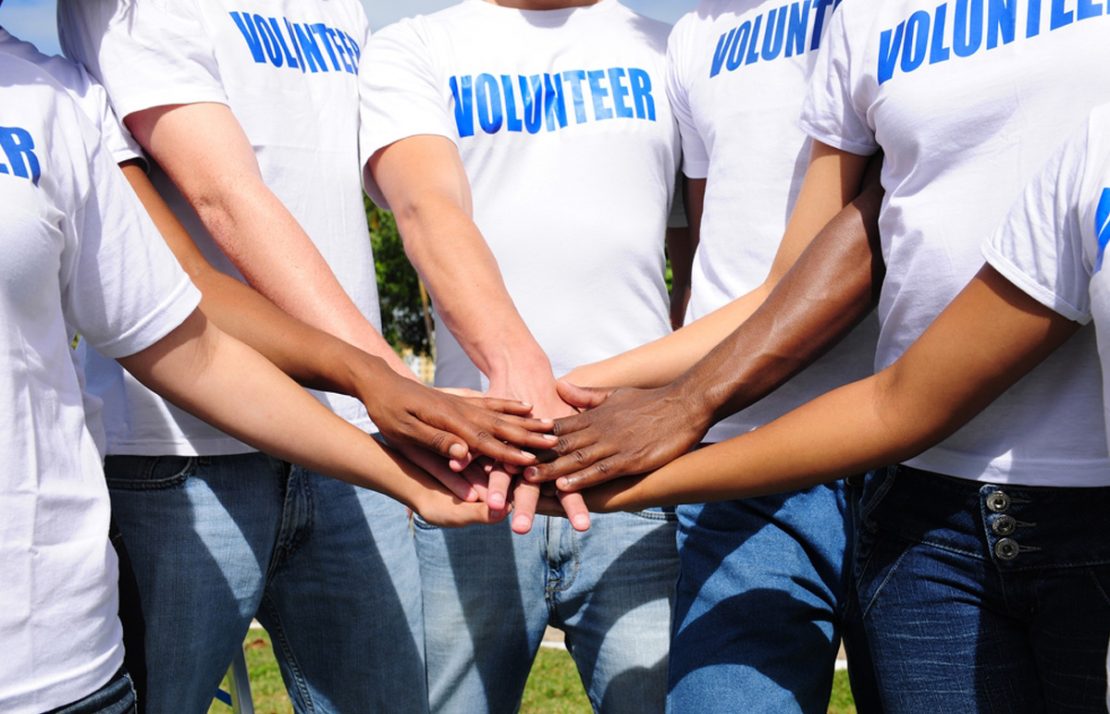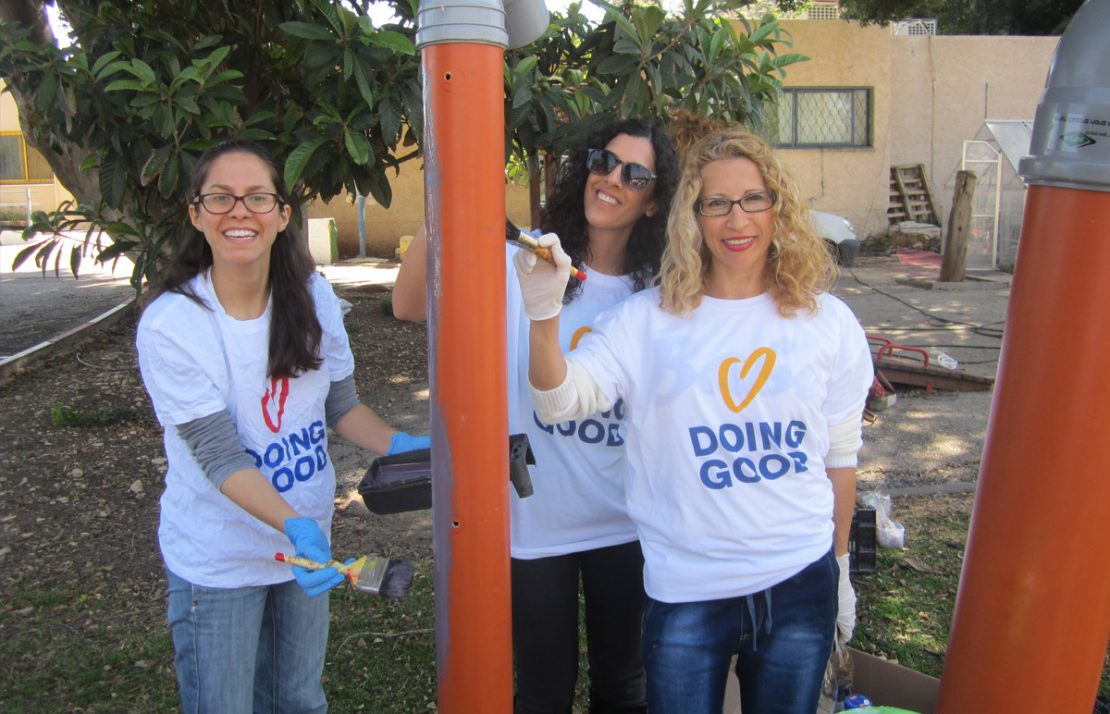Self–esteem is what we think and feel and believe about ourselves. It is very important to build self-esteem during childhood, since the more self-esteem you have, the greater chance you have of building resilience when faced with difficulties.
Self-esteem is built from the time we are babies through the body language of those around us: eye contact, caresses, lullabies, positive reactions, and verbal exchanges.

When girls and boys are between 3 and 4 years old, they build beliefs about themselves based on what their parents tell them. At this age, self-confidence is built, a perception that will accompany them throughout life. Shouting and scolding make children feel insignificant, but if they are talked to, and cared for, the little ones feel valued. It is important for parents and caregivers to build safe environments that help develop self-esteem.
From the age of 6, children usually stop depending on their family and need more and more support from others to develop social skills. It is essential to provide our children with space where they can live with others, negotiate, feel comfortable expressing their feelings, and are in an environment free of judgment.
It is necessary to allow the opportunity to develop autonomy, by delegating tasks and responsibilities that children can perform alone and where adults only supervise. Such as setting the table, separating and folding clothes, arranging a pantry, making their bed, helping to prepare food, taking care of a pet, taking out the garbage, taking care of the plants, etc.

Psychologist María del Mar García Orgaz, suggests that in order to increase and build self-esteem in children, we must establish the habit of separating behaviors from the inherent characteristics of the person. For example: when you are talking on the phone and your child interrupts you, the way to correct their behavior is to remind them that you do not like being interrupted, instead of scolding them and yelling.
Other tips that work to correct and educate in a positive way are to remain calm and express how the unwanted behavior makes us feel, for example, it makes me feel angry that you scratched the table because I have to spend time cleaning it.

The objective is for children to build a positive image of themselves, free from negative adjectives such as lazy, slow, badly behaved, dirty, etc. It should be clear that you are referring to his behavior not his characteristics as a person. When a human being doesn’t have respect for himself, he may be submissive or rebel. Boys and girls will seek to attract attention through negative behaviors.
It is important to talk with children about their feelings and emotions. Show them that all their feelings are valid, avoid at all costs labeling feelings as good and bad. All feelings are valuable because they allow us to express ourselves and recognize who we are.
We can also help our children develop greater empathy and understanding so that they are able to put themselves in the place of others. This will lead them to build high self-esteem and feel good about themselves, in addition to having good social skills that motivate them to work for the common good.

Written by: Alejandra García Aldeco
If you want more information about Alejandra’s work, go to the Fundación Zorro Rojo page: http://www.fundacionzorrorojo.org
If you want to read more articles on how to positively impact the development of children through reading, we recommend you read Valentina Uribe’s article.




